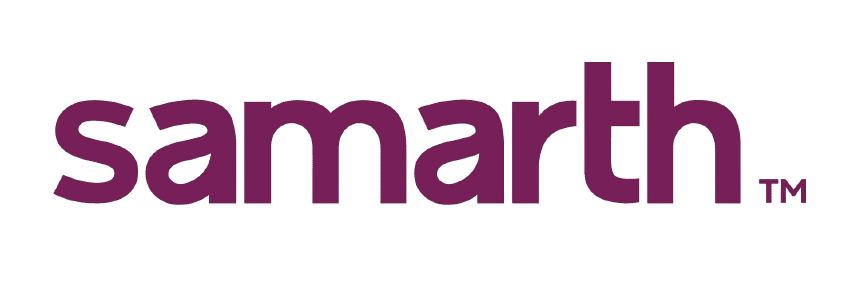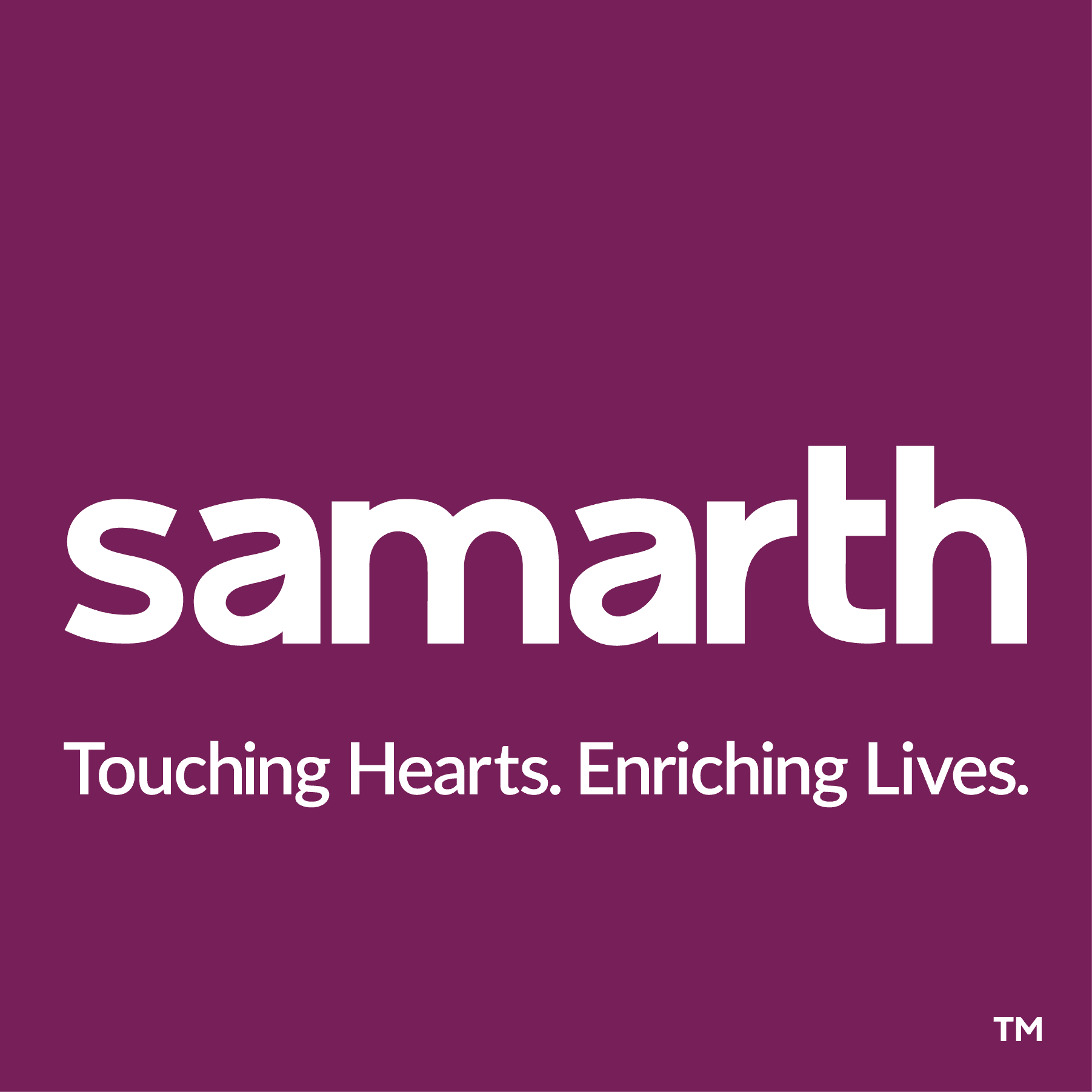Our nutritional needs evolve as we age, and a balanced diet plan for elderly people becomes vital to ensure good health, energy, and independence. A seven-day meal plan for elderly individuals can simplify meal prep, enhance well-being, and reduce the risk of chronic conditions. This article will examine why a good diet matters, what nutrients older adults need, and which foods work best for elderly people. We’ll then conclude with a complete weekly meal plan, including vegetarian and allergy-friendly alternatives.
Why a Well-Planned Diet is Essential for Older Adults
Nutrition plays a key role in healthy ageing. As metabolism slows and muscle mass decreases, older adults require fewer calories but more nutrients. A nutritious diet helps maintain energy levels, supports immunity, prevents bone loss, and manages conditions like diabetes, heart disease, and high blood pressure. It also supports mental health and cognitive function. Simply put, the right food can add not just years to life, but life to years.
Nutritional Needs of Elderly Persons
Older adults have unique dietary needs. Here are the key nutrients they should focus on:
- Protein: Essential for maintaining muscle mass and strength.
- Calcium and Vitamin D: Crucial for bone health.
- Fibre: Promotes digestion and helps control blood sugar.
- Vitamin B12: Supports brain function and nerve health.
- Iron: Prevents fatigue and supports oxygen transport.
- Omega-3 fatty acids: Help reduce inflammation and support heart and brain health.
- Water: Hydration is often overlooked, but it’s essential, especially for older adults.
A healthy diet plan for elderly persons should include a variety of fruits, vegetables, lean proteins, whole grains, and healthy fats.
Worried about your Elderly parents back home?
Call us today to arrange Care Like Son and Daughter™.
Foods That Help Seniors Stay Strong
Nutritious Indian staples that are ideal for elderly health include:
- Dals & legumes: Rich in protein and fibre
- Ragi, jowar, and bajra: Strengthen bones and aid digestion
- Leafy greens (palak, methi): High in iron and antioxidants
- Buttermilk & curd: Great for gut health and hydration
- Nuts & seeds: Offer healthy fats and boost brain function
- Seasonal fruits: Support immunity and digestion
- Herbs & spices (turmeric, ajwain, jeera): Aid inflammation and digestion
These simple but powerful foods for elderly persons can help maintain vigour and vitality.
7-Day Meal Plan for Elderly
This seven-day meal plan for elderly individuals is simple, nutritious, and customisable. It includes vegetarian or allergy-friendly alternatives for each day.
Day 1
Breakfast: Moong dal cheela (2) + mint chutney + 1 cup masala tea (less milk, no sugar)
Lunch: 1 multigrain roti + lauki chana dal + 1/2 katori curd
Dinner: 1 bowl of vegetable dalia + sautéed beans and carrots
Salad: Grated carrot + cucumber + lemon
Day 2
Breakfast: Besan oats chilla (2 small) + tomato chutney + herbal tea
Lunch: 1 bajra roti + palak paneer (light oil) + 1/2 bowl brown rice
Dinner: Mixed vegetable soup + moong khichdi (1 bowl)
Salad: Cucumber + beetroot + mint
Day 3
Breakfast: Poha with peanuts and veggies + 5 soaked almonds + green tea
Lunch: 1 roti + soya chunks curry + sautéed bottle gourd
Dinner: 1 bowl masoor dal + 1 phulka + mixed veg sabzi
Salad: Steamed spinach + tomato
Day 4
Breakfast: Upma with veggies + 1 glass warm haldi milk (low fat)
Lunch: 1 roti + chana masala (boiled not fried) + bhindi sabzi
Dinner: Vegetable oats porridge + boiled beans + lauki
Salad: Grated beetroot + mint + lemon
Day 5
Breakfast: Suji vegetable cheela + coriander chutney + herbal tea
Lunch: 1 bowl mixed dal + 1 jowar roti + tinda sabzi
Dinner: Moong dal khichdi + curd (if no acidity) + lauki
Salad: Light steamed peas + cucumber
Day 6
Breakfast: Vegetable paratha (dry, tawa-made) + curd + jeera water
Lunch: Rajma (boiled soft) + 1 phulka + sautéed spinach
Dinner: Dalia khichdi with vegetables + soup (tomato/carrot)
Salad: Boiled corn + cucumber + mint
Day 7
Breakfast: Idli (2 small) + sambhar + coconut chutney (light) + green tea
Lunch: 1 bowl tur dal + 1 roti + tori or lauki sabzi
Dinner: Broken wheat upma + sautéed beans and peas
Salad: Tomato + coriander + mint leaves
Quick Recipe Tips for Seniors’ Convenience
Preparing meals daily can be tiring. Here’s how to simplify:
- Batch cook: Prepare dal, sabzis, or dough for 2–3 days
- Use time-saving gadgets: A pressure cooker, chopper, or microwave helps
- Store smartly: Keep chopped veggies, boiled potatoes, or soaked pulses in the fridge
- One-pot meals: Dalia khichdi, sabudana khichdi, pongal – easy and filling
- Pre-prepared spice mixes: Homemade masalas make cooking faster
- Encourage help or home meal delivery if needed
Make sure elderly persons have a comfortable, non-slip kitchen area and avoid lifting heavy utensils.
Recap: The Importance of a Diet Plan
A structured diet plan for elderly persons isn’t just about nutrition—it’s about supporting an active, joyful lifestyle. Whether living independently or with family, older adults benefit greatly from regular, balanced, and easy-to-make meals.
This 7-day meal plan for elderly takes into account Indian taste preferences, traditional ingredients, and common health concerns. It ensures that the food for elderly persons is nourishing, healing, and satisfying.
With love and care in every meal, our elders can enjoy their golden years with strength, comfort, and happiness. However, it’s best to get a tailored nutrition plan according to your health conditions, as individual needs can vary greatly.
FAQ's
Which food is best for an elderly person?
Elderly individuals benefit from soft, easy-to-digest, and nutrient-rich foods. Ideal options include dals, seasonal vegetables, whole grains like ragi and jowar, curd, buttermilk, fruits like bananas and papaya, and small portions of nuts and seeds. Avoid overly spicy or fried foods.
Which protein drink is best for seniors?
Homemade drinks like ragi malt, almond milk with turmeric, or moong dal soup are great. For extra support, with your doctor’s recommendation, options like Ensure, Protinex, or Nestlé Resource High Protein can be used, especially if dietary intake is low.
How many glasses of water should a senior drink?
Seniors should aim for 6–8 glasses of fluid daily. This can include water, chaas, coconut water, or herbal teas. Since thirst reduces with age, regular reminders and keeping water nearby help maintain hydration.
What is the best breakfast for seniors?
Light, nutritious breakfasts like moong dal chilla, idli with sambar, poha, or ragi porridge with fruits are ideal. These are easy to digest and provide energy, protein, and fibre to start the day well.




